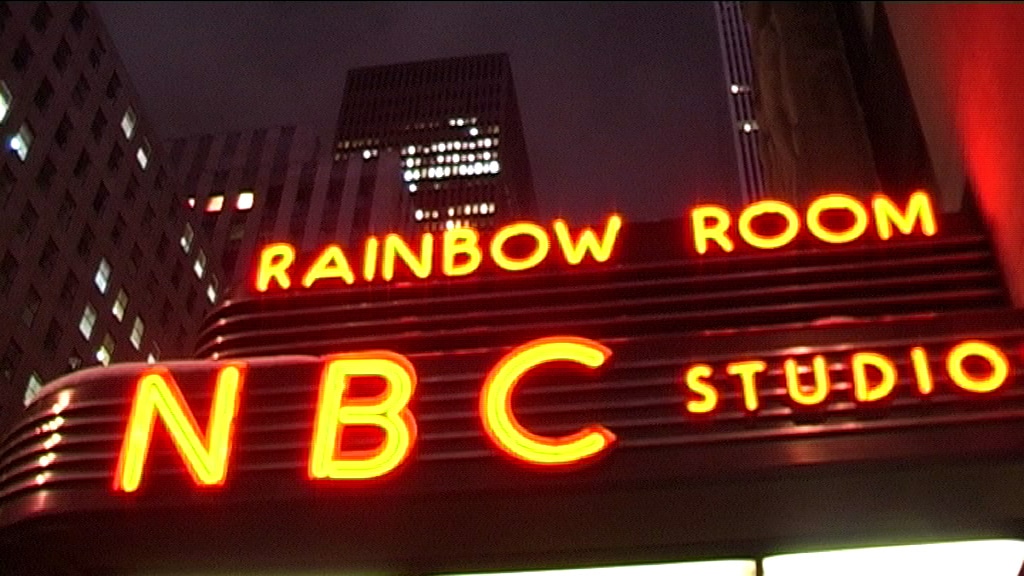
Who’s saying ‘Gotcha’?
Editor in Chief, Abbi Webb
At the latest G.O.P. debate, held on Oct. 28 in Boulder, Colorado, Republicans were asked a number of heavily biased, or gotcha, questions by three CNBC moderators that have received a lot of negative attention. Gotcha questions are designed to trip someone up, to catch them in a lie or to expose their mistakes.
The candidates who participated are highly upset about the nature of the questions, saying that the questions were not focused on key issues facing the country, but rather on causing conflict among the candidates.
Op-ed columnist, Charles M. Blow, in his article, �Gotcha, G.O.P.,� published on Nov. 2, 2015, claimed that the CNBC moderators did not ask �gotcha� questions and that the candidates are just using the allegation as an excuse for poor performance.
I disagree with Blow in his claims and would like to offer some of my own thoughts as to why.
Ted Cruz was named the big winner of the debate by prominent media outlets like The New Yorker, CNN, The Washington Post and even CNBC. Why is it that he, too, would be speaking out about the unfair format of the debate? Shouldn�t he be sitting back enjoying the plunder of his win and keeping quiet?
It simply does not make sense that Cruz would be making these �excuses,� as Blow calls them, if the questions were fair and unbiased.
The questions undeniably differed from those asked at the last Democratic debate. in Viewers of the Democratic debate complained that the questions weren�t tough enough, according to a Washington Times article. Hilary Clinton walked away scot-free from having to answer any questions regarding the Benghazi attacks or the controversy surrounding her use of a private email server. But the CNBC moderators jump at the chance to try and get Republicans at each other�s throats by asking about Donald Trump�s morality and questioning Marco Rubio�s competence.
But Republicans won�t go down without a fight, so the network better prepare for battle.
The Republican National Committee has already sent a letter to NBC canceling the next scheduled debate with the network on Feb. 26, 2016 at the University of Houston.
The way the Republican candidates bound together in unity to turn the tables on the three moderators came as a shock to them and to CNBC. During their closing statement, as many candidates blasted the network for their bias, there seemed to be a twinkle in each of their eyes, as if to say, �Gotcha.�
This opinion was sent as a letter to the Editor of The New York Times.
�
�
�
�

